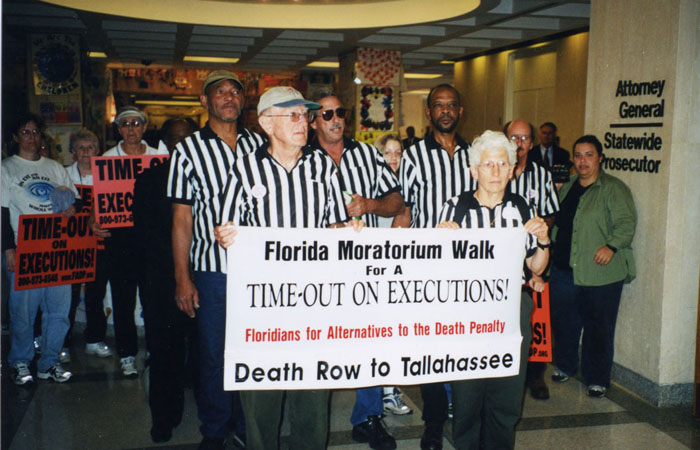Card File Index of Executions, Undated 2.8 cubic ft.
Watt Espy kept a series of index cards, grouped mainly by state, that records information about executions on American soil (colonies, states, territories) since the 1600s. Some cards contain lots of information, including name, place of execution, method, and details of the crime. Other cards have very little information aside from the fact that someone was executed. Sometimes there is not even a name—just "two slaves" or "pirate". There are additional categories for federal, military, and indigenous executions. There are two different card sizes; for the 3x5 inch cards, each state, territory, or other main division is identified with a manila tab. Subdivisions are marked with blue, unlined cards and are intended to mirror the arrangement of materials in Series #2 as closely as possible.
